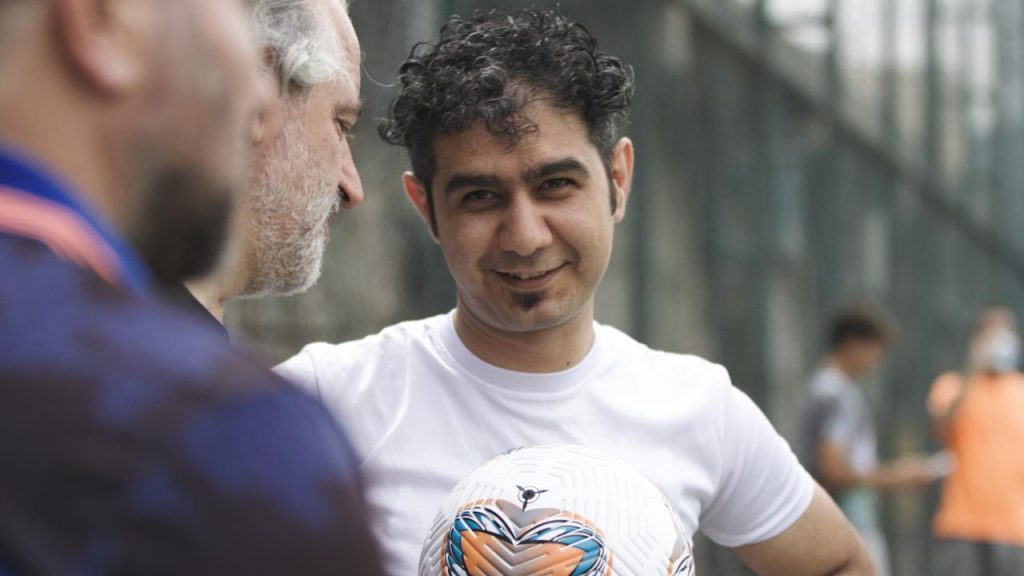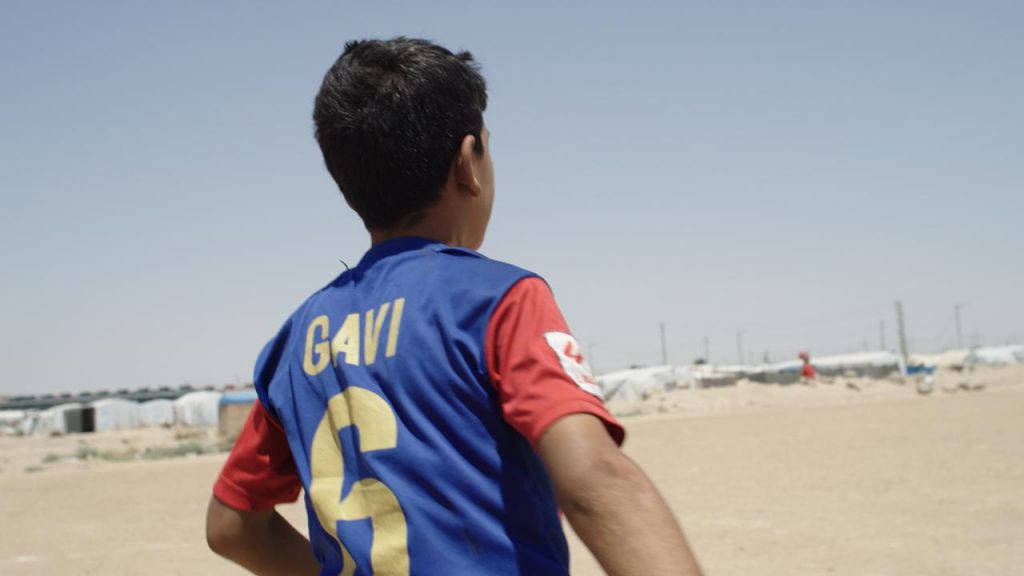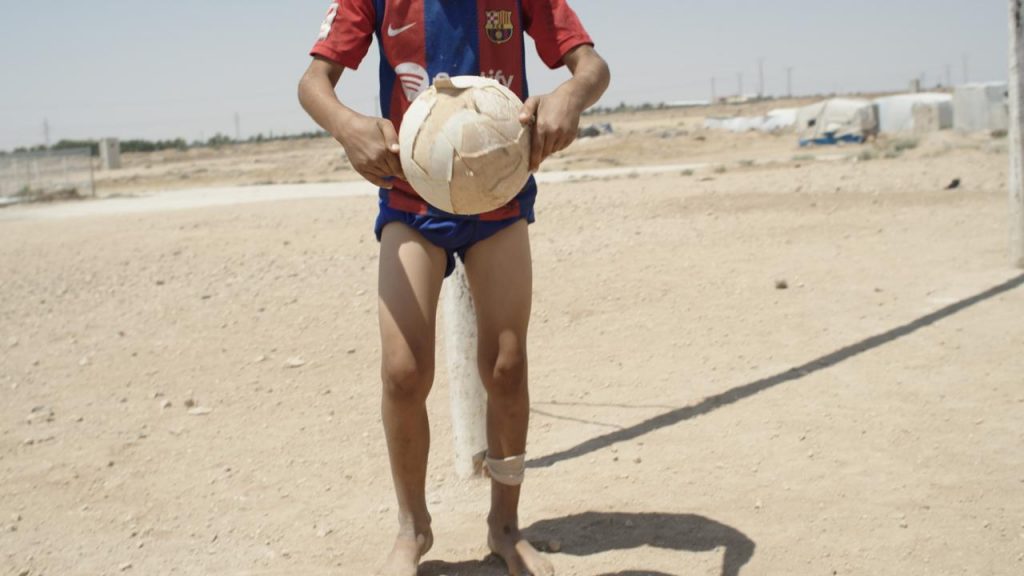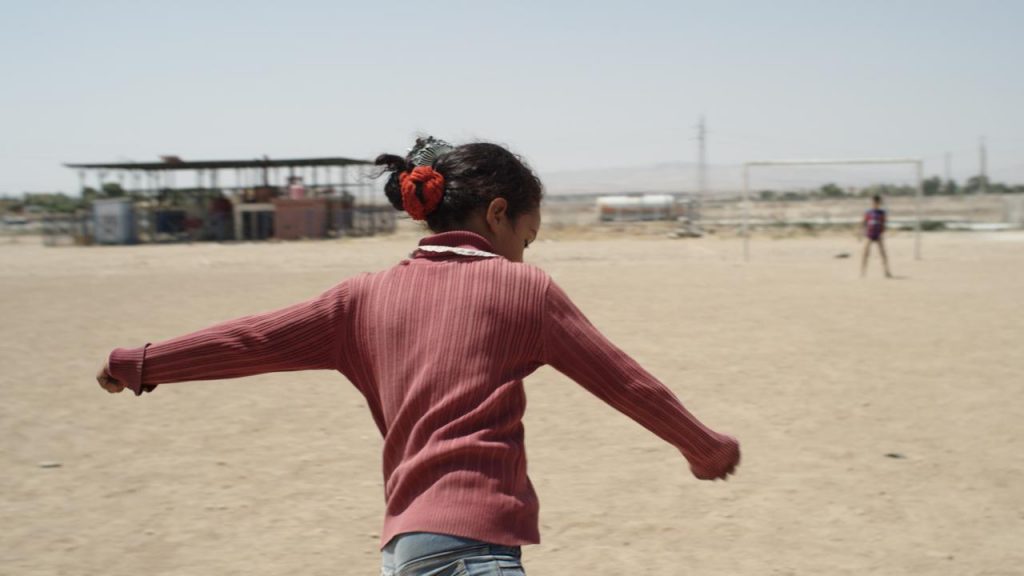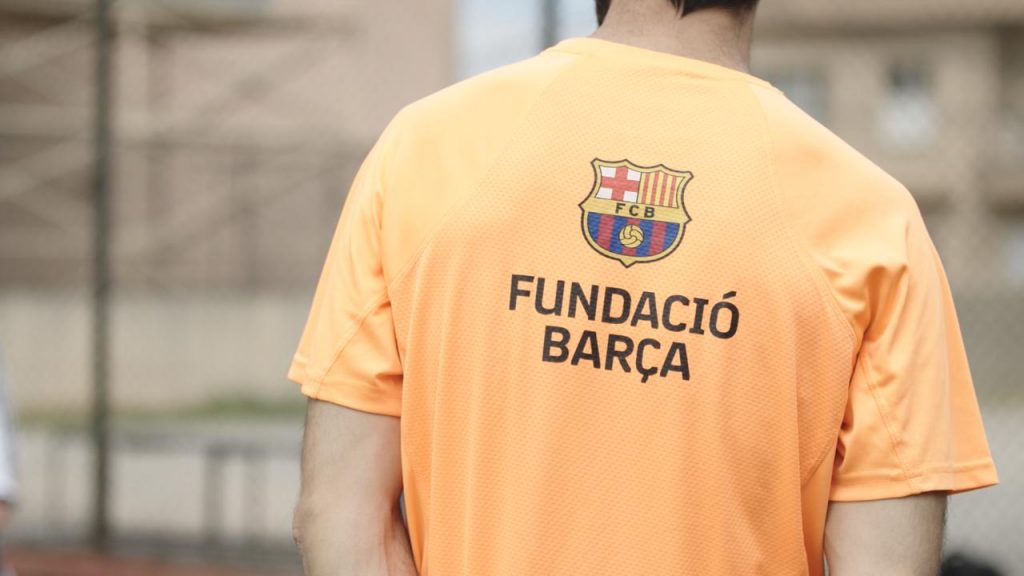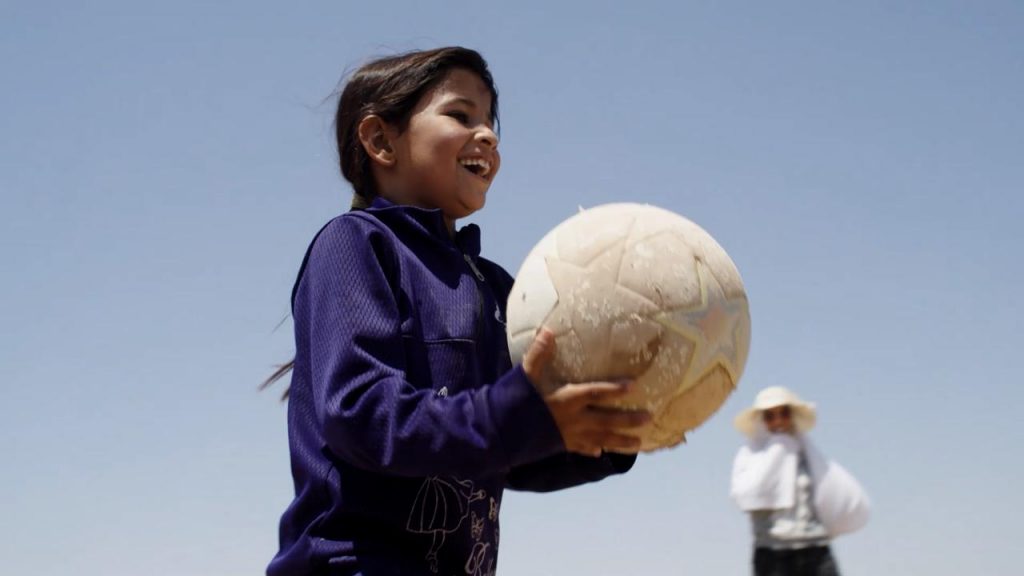Hope League – Ball for Peace
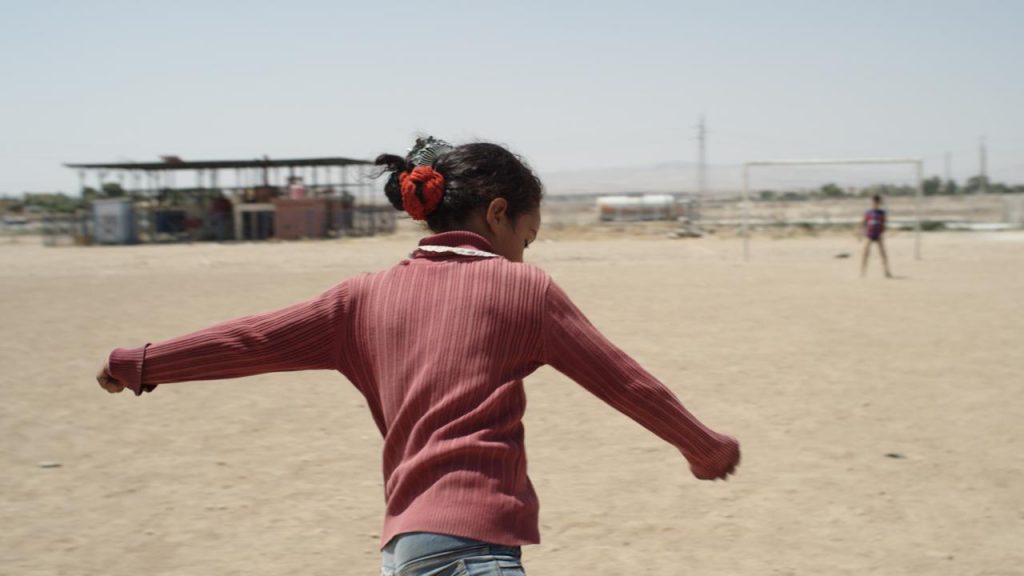
Hope League is born: An International Project that uses Football to
Rebuild the Social Fabric and Foster Coexistence in Northeast Syria and Iraqi Kurdistan
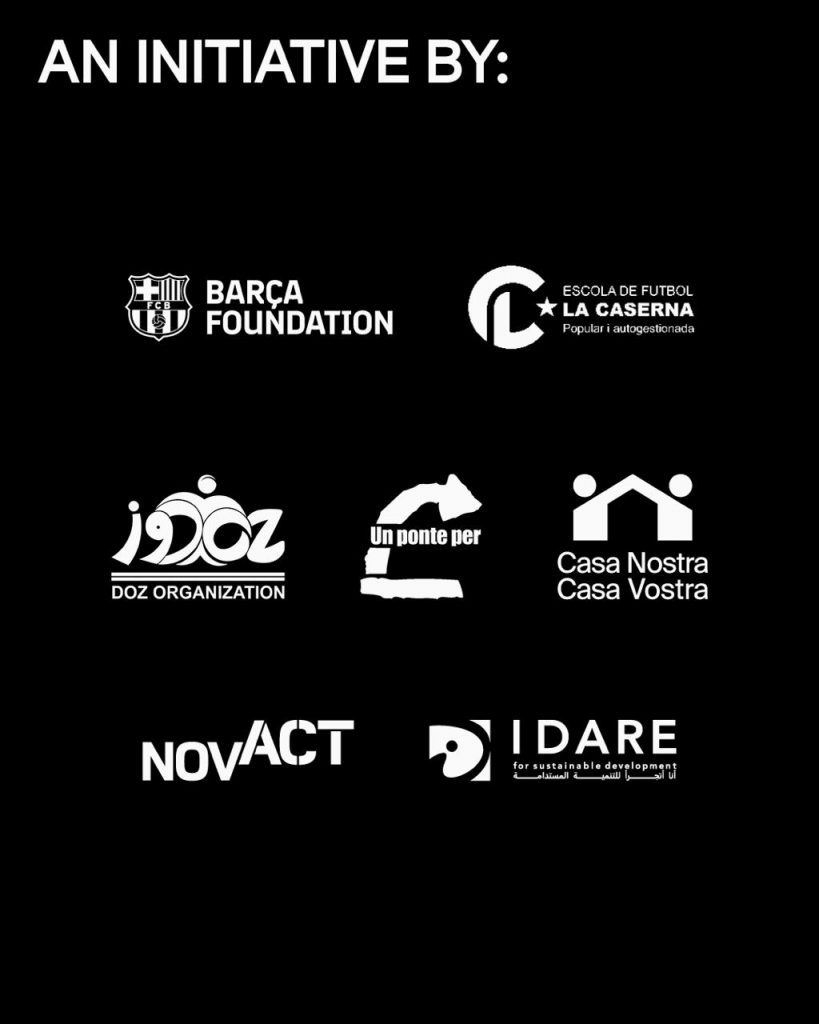
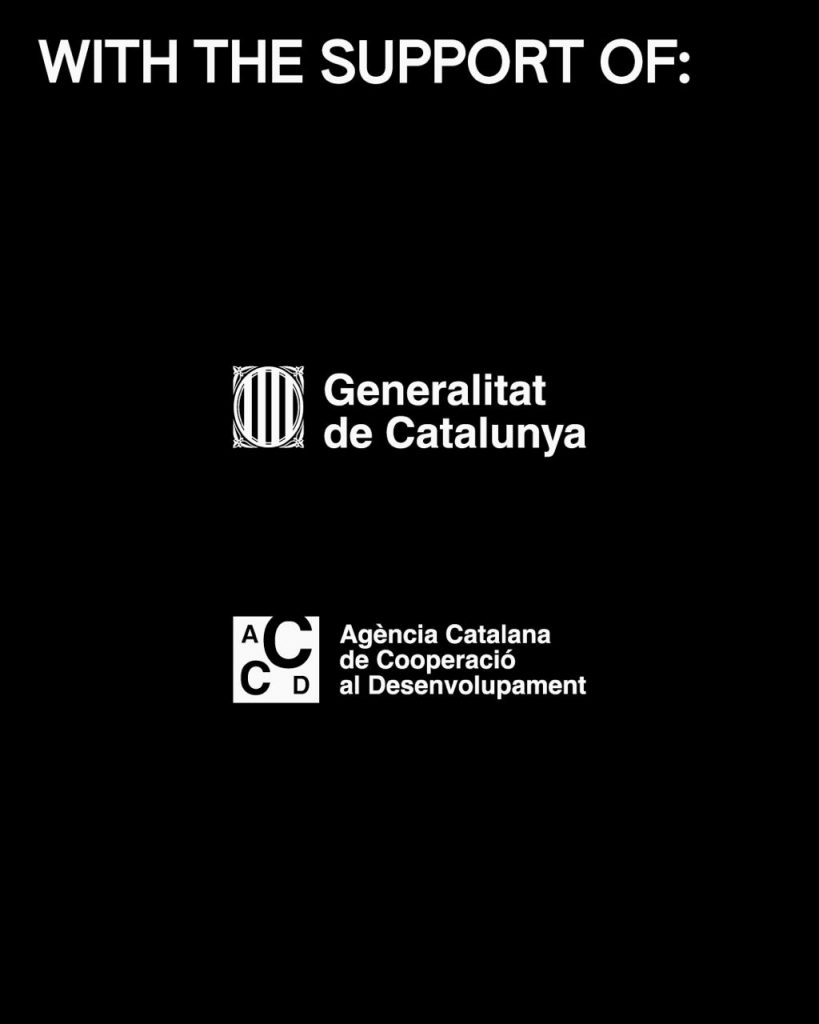
The Barça Foundation, Escola de Futbol La Caserna, NOVACT, Un Ponte Per, DOZ International, IDare and Casa Nostra Casa Vostra are launching a community football initiative to strengthen collective ties, promote coexistence among communities, and prevent
conflicts and radicalisation processes through sport.
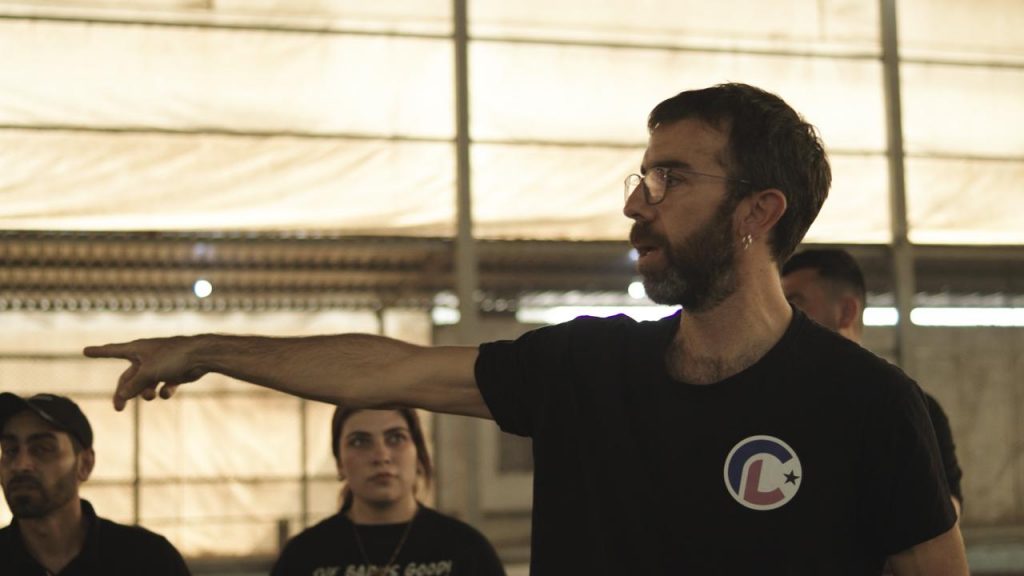
The Hope League main goal is to promote social cohesion and prevent future violent
conflicts and radicalisation processes among new generations —with special attention
to the sons and daughters of victims of the Islamic State— through community football
schools that promote a culture of peace, dialogue, and coexistence. This initiative seeks to
counteract narratives of hatred and violence before they take root, offering positive
alternatives for identity and belonging. It places a strong emphasis on the empowerment of
children and adolescents, especially girls and those from marginalised communities, such as
displaced or refugee populations, rural residents, and ethnic minorities.
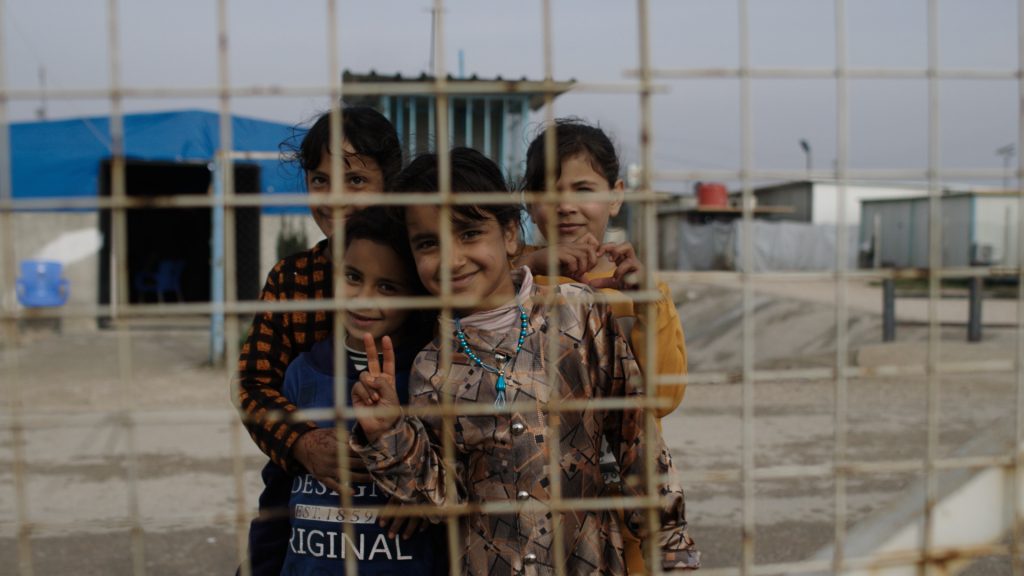
In a first joint mission carried out in April 2025 in Syria and Iraq, former FC Barcelona
player and member of La Caserna, Oleguer Presas, led several training sessions for the
future coaching teams of the community football schools. These sessions served to share
pedagogical methodologies, reinforce the educational role of sport, and lay the common
foundations for the rollout of the project.
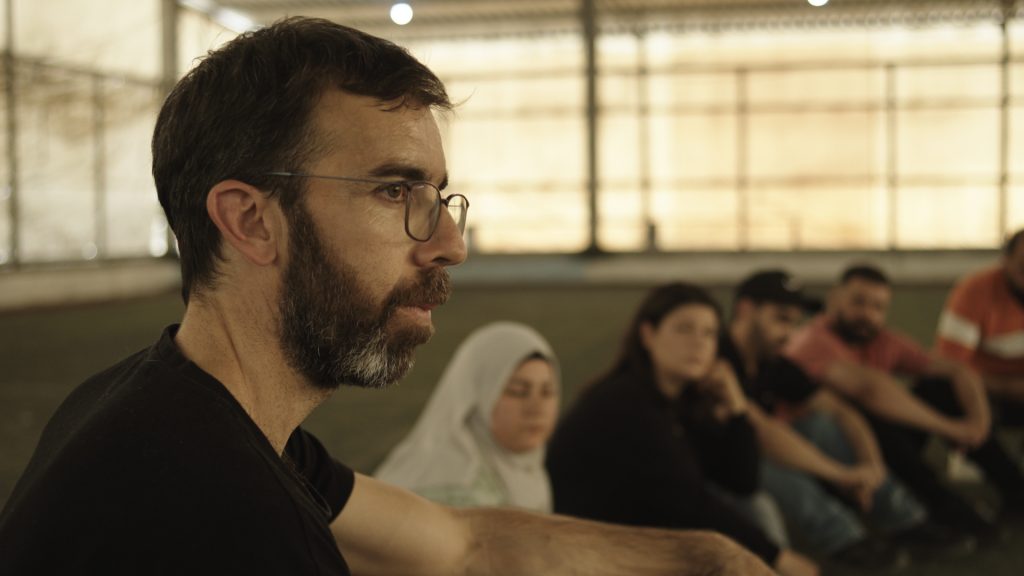
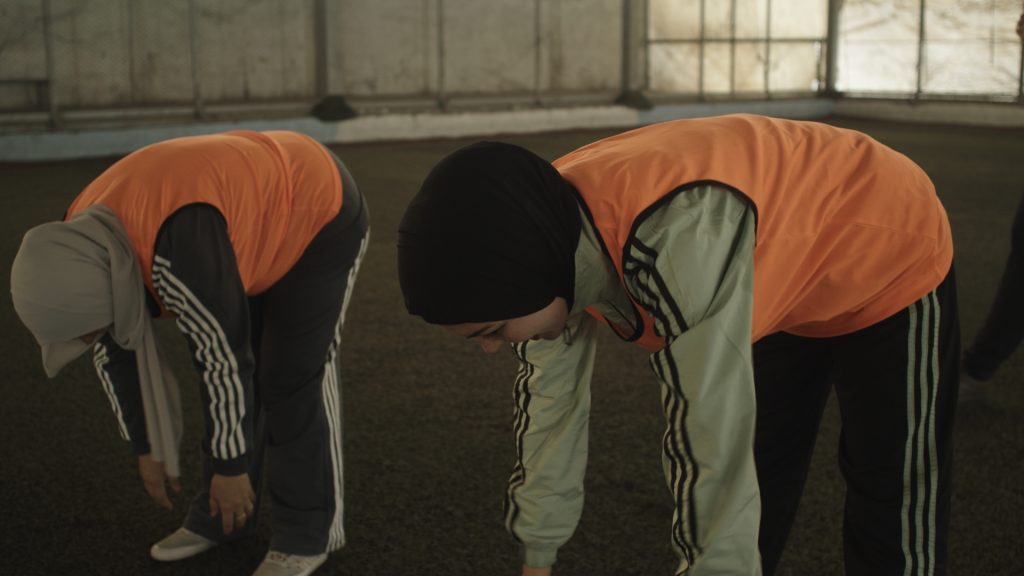
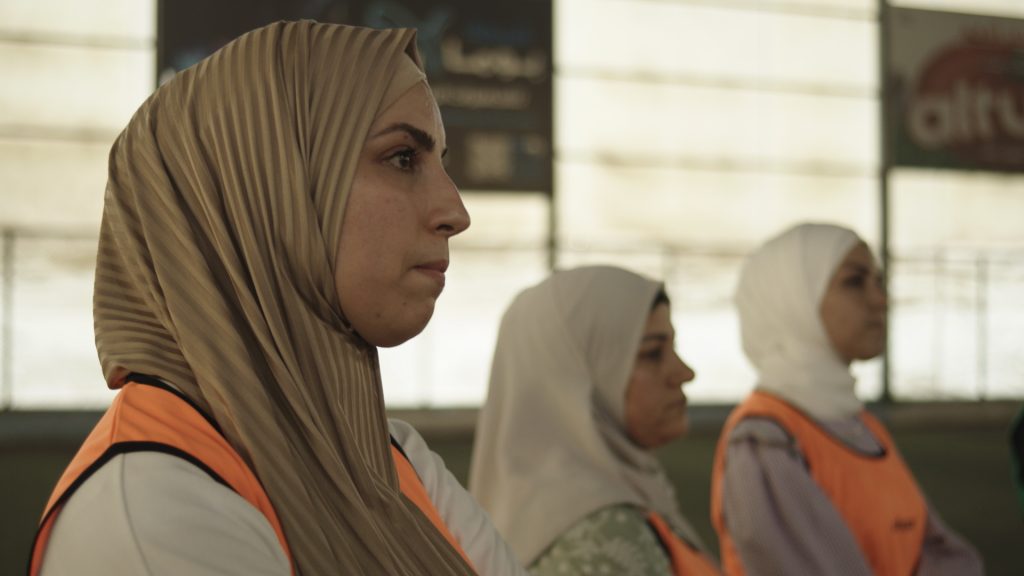
Schools in six locations with an international horizon
The project will establish football school in six key locations:
— Northeast Syria: Kobane, Hassakeh, Raqqa, and Tiberspiye
— Iraqi Kurdistan: Erbil and Suleimaniya
From 25 June 2025 until October 2026, the participating groups will engage
in regular football school sessions and take part in two large gatherings planned for early
- These gatherings will provide opportunities for intercultueal exchange, team-building, and collective reflecation.
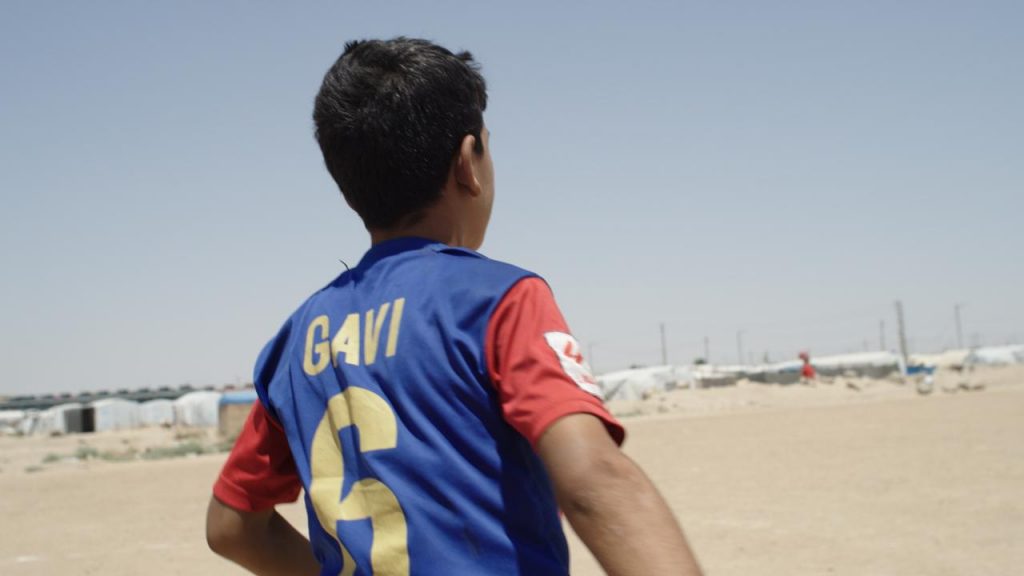
More than football: research, training, and advocacy
The Hope League distances itself from competitive approaches to sport and promotes a
cooperative practice that fosters values such as teamwork and collective effort, with the aim
of transferring these beyond the pitch.
The project is structured around three main lines of action:
- Research and development of an innovative model of peacebuilding through sport,
based on the methodologies of La Caserna and the SportNet programme of the
Barça Foundation. - Training of trainers and strengthening of local grassroots organisations working
on peacebuilding, with a gender-sensitive approach. - Implementation of community-led initiatives: football schools that are
self-managed and not reliant on future international funding, becoming spaces of
collective resilience.
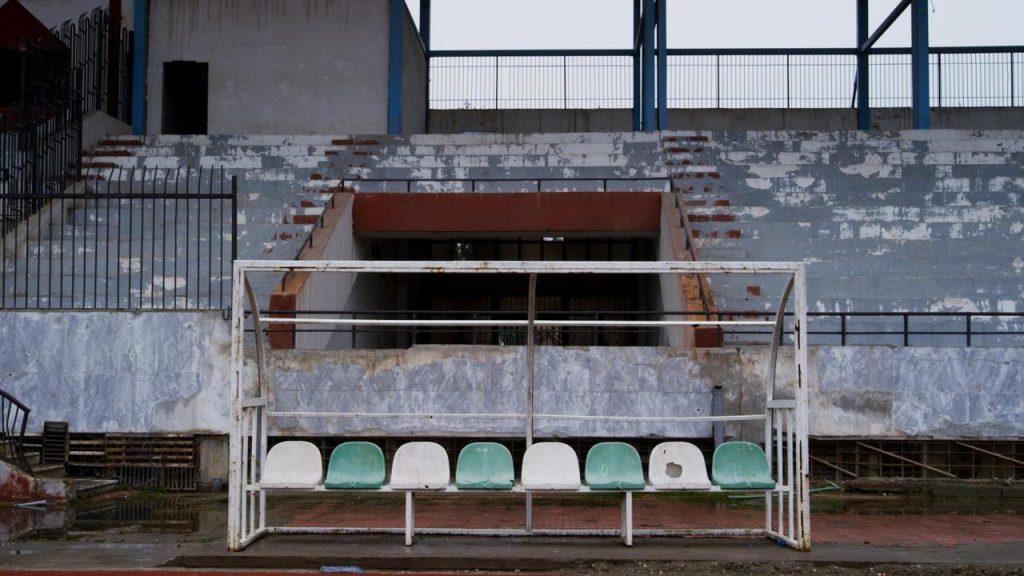
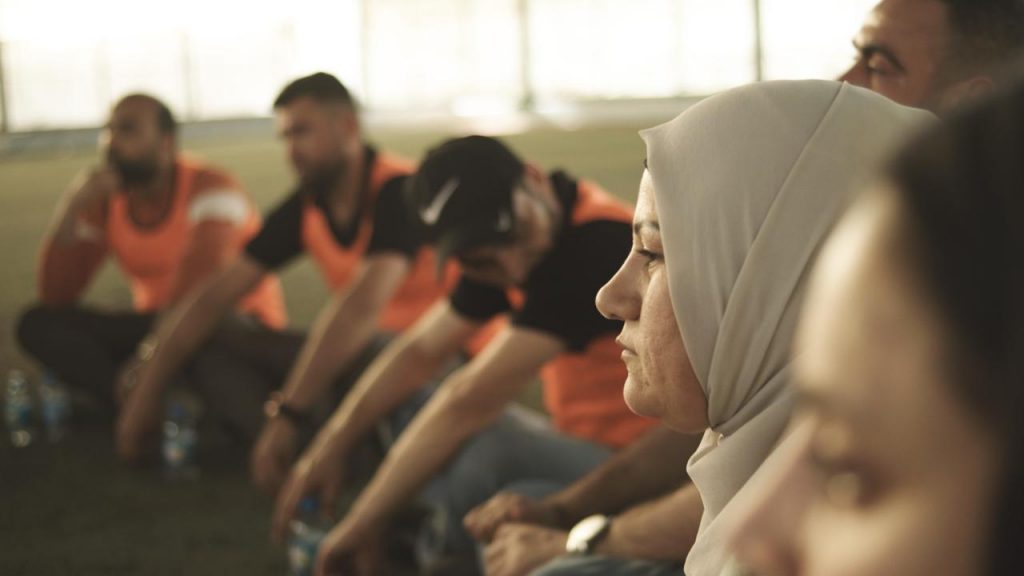
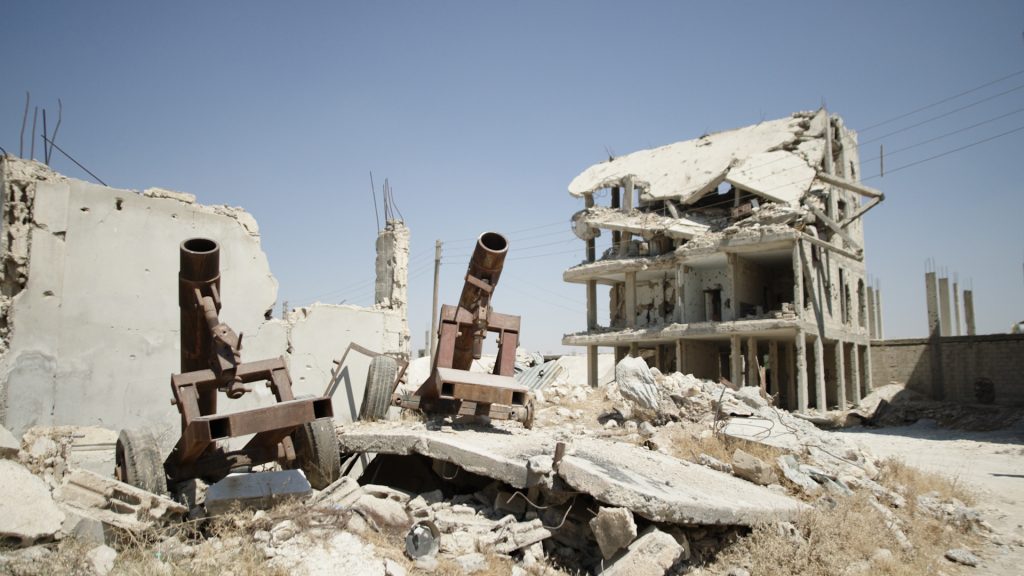
A model in the making, with long-term vision
The partner organisations see this project as a pilot experience that will be subject to
ongoing monitoring, evaluation, and learning. The community football model being
implemented will be adapted to local contexts and needs, with the aim of becoming a
replicable methodology in other areas of the world where social reconstruction and
coexistence are needed. Hope League aspires to become both a seed and a laboratory for a
model of sport that places the values and strength of community life at its core.
Inclusive and representative participation
The Hope League will directly engage over 600 children and young people (ages 8 to
14), with criteria ensuring gender parity, ethnic diversity, and inclusion of refugees
and rural populations, who will gather weekly to play football. The registration process
is designed to reach the most vulnerable groups, combining open enrolment with targeted
outreach to marginalized communities.
A Collective Effort for a Brighter Future:
This project is made possible thanks to funding from the Catalan Agency for Development
Cooperation, which has committed to an innovative model of peacebuilding rooted in sport
and community life. It also benefits from the voluntary involvement of various actors
committed to promoting global justice, peaceful coexistence, and human rights.
